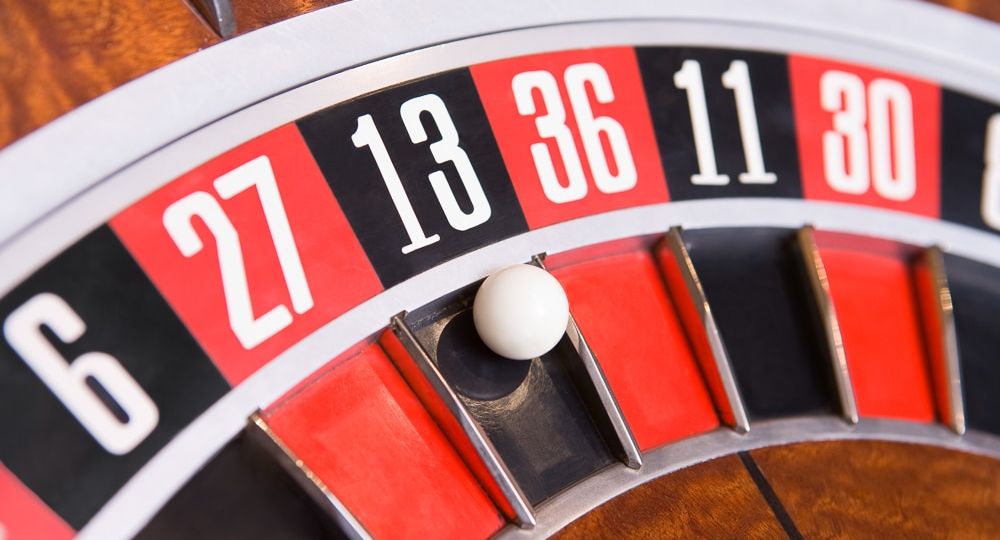
I read a thought provoking blog post recently from Alan Weiss. Alan talked about establishing cause and effect relationships in your business. Simply put do you know why you are getting the results you are or are they coincidental, based on chance? He illustrated this with an example, if you find a $100 bill on the sidewalk, do you start a company of people who walk the sidewalks looking for $100 bills?
Reflecting on my own business, I find it very difficult to figure out how I generate customers. One of my best customers came about purely by chance through an unlikely conversation. I am fairly certain my time would not be rewarded with new business if I went back to the same venue.
When cause and effect is missing
When we establish cause and effect, it has the obvious benefits of increasing certainty but that’s not the whole story. There are other downsides of operating in the world of coincidence and chance, and a big one for me has been mood swings. When a good thing happens, it is easy for me to get excited and optimistic, only to be let down when I can’t sustain it leading to a down mood. I see this phenomenon frequently in my peers who are also starting new businesses. They describe their emotions as a roller coaster of ups and downs. If we have established cause and effect, I believe we can smooth out the ups and downs.
I also find myself slipping into the very common story of simply doing more. If it worked once, then if I work hard enough and do it lots more times, I will achieve the same elusive result. Without cause and effect, this is only a recipe for exhaustion. Lightning is unlikely to strike twice in the same spot.
Establishing cause and effect
So how do you establish cause and effect? One simple answer is by rigorously experimenting and learning from the results. What outcome did I expect the action to lead to? Pay attention and note if the outcome is in line with expectations? If not, why not? What is the next experiment?
Learning through iterative design
This iterative learning approach is becoming very popular in the business world through the use of tools like the business model canvas and value proposition design. These methodologies recognize our initial ideas are simply that, only ideas, assumptions and hypotheses. We make the assumption something that worked well once will hold true on a much bigger scale. We build out our business only to be disappointed when the desired results don’t materialize.
The iterative design methodologies drive you to identify your key assumptions and hypotheses upfront and rigorously test them by getting out of the office to test them with real or potential customers. The learning is used to shape and tweak the model which is tested again until you can reliably observe cause and effect. At this point you are ready to start truly building your business.
What about our personal lives?
While this is becoming a well understood and accepted approach in business, I don’t see it in play in our personal lives. Instead I see people clinging to existing roles because of the uncertainty of change. I have also coached a number of people who have surprised me by taking a wild leap into a new role without much thought. I sense both approaches will lead to dissatisfaction.
In a world that is dynamic, constantly changing, intentional experimentation needs to be a way of life. These don’t have to be big experiments, we can take small steps each day by doing things differently. A small step might be as simple as taking a different way to work, having lunch with different people or taking a bigger step to volunteer for a new activity. Creating these small disruptions and noticing the outcomes helps us start to observe what is happening and where we truly have established cause and effect. The alternative is remaining very comfortable in our mistaken belief that we understand and are in control of our current situation.
If we do experiment and think we have figured it out, recognize that can only be a temporary phenomena, our world is constantly changing.

